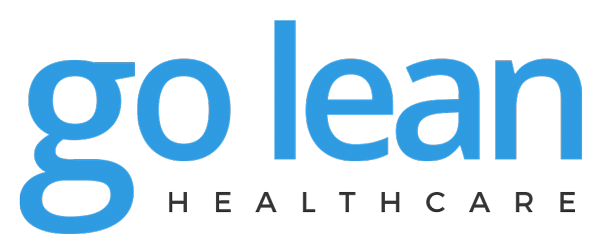In the realm of healthcare, the foundation of exceptional patient care lies in the effectiveness of medical onboarding and training processes. Whether you’re a seasoned professional or a newcomer to the field, investing in continuous improvement in these areas is paramount. In this article, we’ll explore actionable steps to enhance your medical onboarding and training process, backed by recent research findings and real-world insights.
Understanding the Significance of Medical Onboarding & Training
Medical onboarding and training serve as the bedrock upon which healthcare professionals build their expertise and proficiency. A well-structured onboarding process not only accelerates the integration of new hires into the healthcare setting but also cultivates a culture of learning and collaboration. Similarly, ongoing training ensures that existing staff stay updated on advancements in medical practices, technologies, and patient care standards.
Key Strategies for Improvement
Tailored Orientation Programs: Designing orientation programs tailored to the specific needs of different roles within the healthcare organization is essential. By customizing training content to address the unique responsibilities and challenges faced by various departments, institutions can ensure that employees receive relevant and targeted education from the outset.
Interactive Learning Methods: Incorporating interactive learning methods, such as simulations, case studies, and role-playing exercises, can enhance engagement and retention among trainees. Interactive sessions provide opportunities for hands-on practice, problem-solving, and real-time feedback, thereby reinforcing critical skills and promoting active learning.
Mentorship and Preceptorship Programs: Implementing mentorship and preceptorship programs pairs new hires with experienced professionals who can provide guidance, support, and practical insights as they navigate their roles. Mentorship fosters a sense of belonging and camaraderie while accelerating the learning curve for newcomers, ultimately contributing to their professional development and job satisfaction.
Recent Research Insights
Recent research in medical education has emphasized the importance of competency-based training and assessment methodologies in enhancing the effectiveness of onboarding and training programs. By aligning educational objectives with measurable competencies and performance standards, healthcare institutions can ensure that training outcomes are meaningful and relevant to the demands of modern healthcare practice.
Personal Reflection: A Journey of Growth
As a healthcare professional myself, I vividly recall the impact of my own onboarding and training experiences on my career trajectory. From the supportive guidance of mentors to the hands-on learning opportunities provided during simulations, each aspect of my training journey has contributed to my growth and development as a clinician.
Embracing Continuous Improvement
The journey to excellence in medical onboarding and training is a continuous process that requires commitment, innovation, and collaboration. By embracing a culture of continuous improvement, healthcare organizations can adapt to evolving industry trends, leverage emerging technologies, and prioritize patient-centered care.
Conclusion
In conclusion, improving your medical onboarding and training process is not just a professional obligation but a pathway to delivering superior patient care and driving positive outcomes. By implementing tailored orientation programs, leveraging interactive learning methods, and fostering mentorship opportunities, healthcare organizations can empower their workforce to thrive in an ever-changing healthcare landscape.
Remember, the journey towards excellence begins with a willingness to embrace change, learn from experiences, and prioritize continuous improvement in all facets of medical practice. Together, let’s embark on this journey towards excellence in medical onboarding and training.
Ready to Learn More?
Schedule some time to learn how we can help your medical practice become more streamlined and free up your time to serve more patients.



